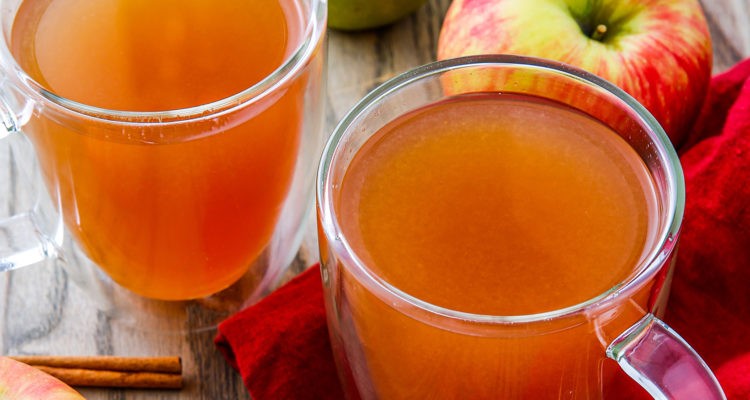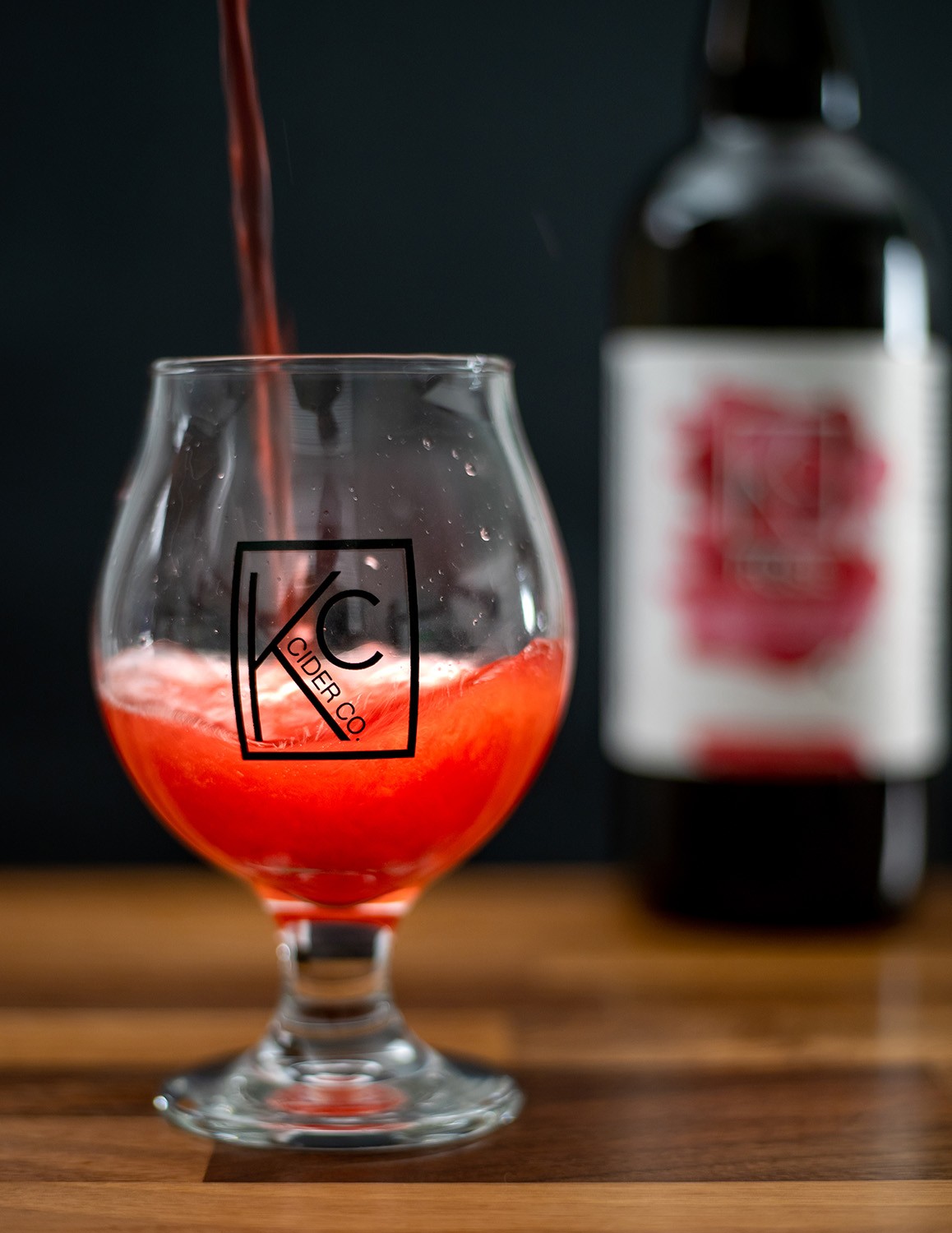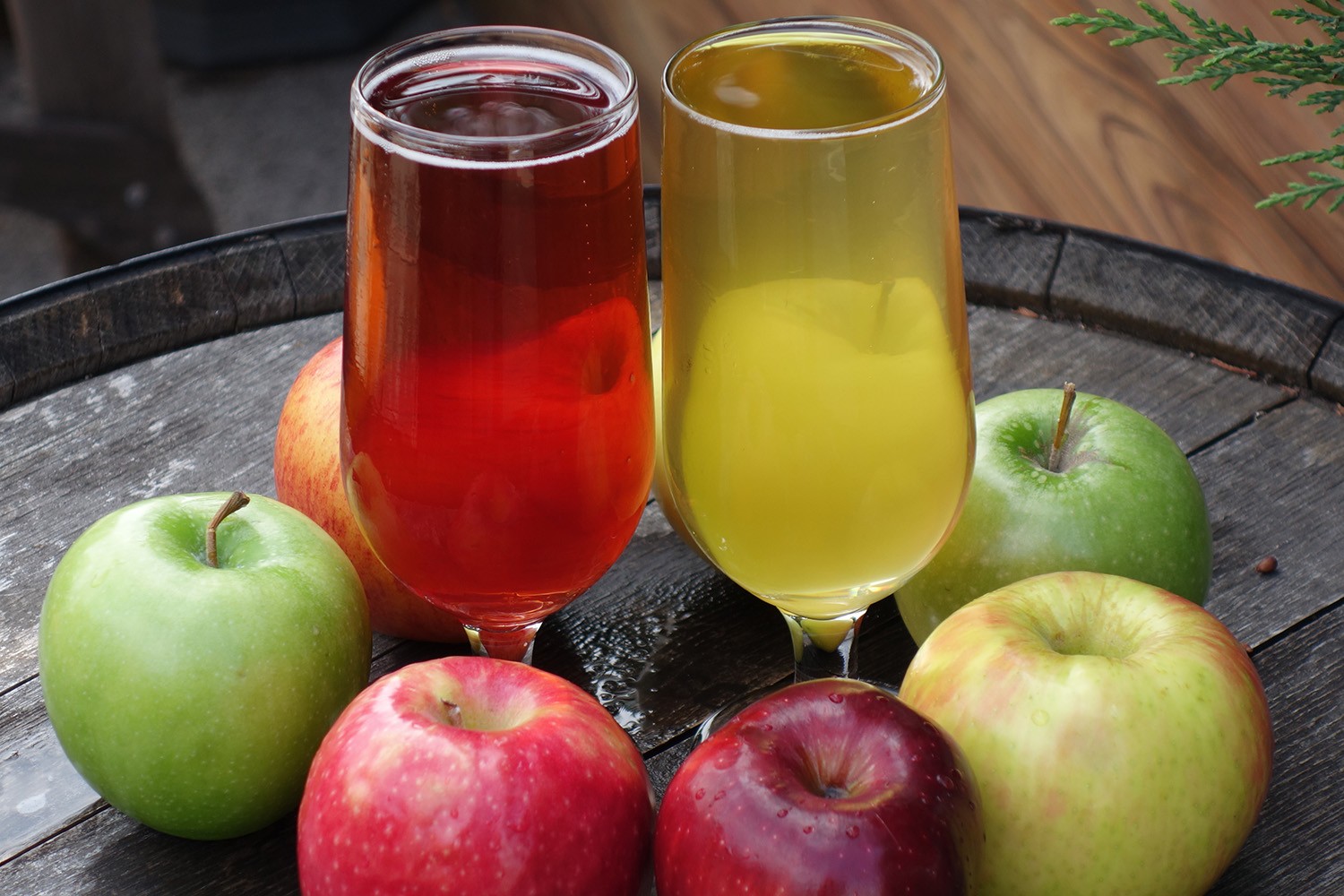Story by Dave Eckert
I didn’t realize it until I started researching for this article, but the Kansas City metro has some pretty terrific hard cider producers. I’ll get to that shortly, but first, some background on cider, an ancient drink. Though it’s difficult to assign its exact origins, we do know Julius Caesar and his soldiers found cider being made from crabapples when they marched into Britain. Crabapples are ancestors of the bittersharp apples used by modern English cider makers. The Romans took the beverages back with them and documented it all for history.
Cider styles are also difficult to pin down. Most were developed based on three main factors: the methods used, the apples available, and local tastes. Production, however, was developed largely by trial and error, though refinements began to emerge as cider popularity grew. The French came up with a sweet, low alcohol ‘cidre,’ using sweeter apples. The English version of cider was drier and higher in alcohol, using fermentation vats and the aforementioned bittersweet crabapples. You will find examples of both styles in our locally produced ciders along with many others. To make it easier on my space-challenged brain, I generally put ciders into two categories: those that taste and are made more like beer, and those that taste and are made more like wine. Ok, it’s not exactly technical or scientific, but it helps me wrap my mind around a cider I’m tasting for the first time.
Photo courtesy of KC Cider Co
Brad Means, one of the three owners of the excellent KC Cider Co., based in St. Joseph, MO, says he, his brother Jeff, and Trafe Brewer started KC Cider Co. in part to help a friend who was diagnosed with Celiac. “We were home brewers for several years, but when our friend was diagnosed, we turned to craft ciders. Looking for something more complex, and with less residual sugar, we set off on our journey to craft dry ciders from some of the best apples in the world, which come from the Missouri Valley,” Means shared.
Means says KC Cider Co. focuses on dry to semi-sweet ciders, with most having zero to two grams of residual sugar per serving compared to nationally available ciders, which often sport 12-16 grams per serving. He also says the company only uses produce when it’s in season for all additional fruit flavoring, another important point of distinction.
All of this started just a short year ago, but already, KC Cider Co. has made huge inroads into the local market and can be found in many KC liquor stores and bars
At the opposite end of the metro, you will find Paola’s Somerset Ridge Vineyard and Winery, and one terrific and very popular cider, Lucky Dog Hard Apple Cider. “The idea to make cider started about six years ago. Our children, Alex and Holly, are both UC-Davis-trained winemakers. They love good cider and were excited for us to start producing one,” co-owner Dennis Reynolds recalled.
“When the four of us would get together for holidays, we would sample various hard ciders and discuss what styles we liked. We decided to make a dry cider in a clean, crisp style. We partnered with our friends at the Louisburg Cider Mill to source a blend of apples that gave us the flavor profile we were looking for.”
Reynolds says the family loves dogs, and when wife, mom, and co-owner, Cindy discovered a series of bulldog photos from the 20th century, it struck a chord for the label, and the Lucky Dog Hard Apple Cider was born.
Reynolds says customer reaction has been great, and that patrons especially enjoy Somerset Ridge’s version of a summer shandy, where they add a shot of our Citron lemon dessert wine to a glass of cider. I’ve had it, and it alone is worth the drive to Paola!
Photo courtesy of CinderBlock Brewery
Finally, right in the heart of the metro, a visit with Danny Kueser, owner of North Kansas City’s Cinderblock Brewery, which also happens to make two killer ciders – Cinderblock English, a cherry cider, and Cinderblock French, an apple cider. “We have gone through various methods to come to our signature French and English styles of cider and have also started to blend more Americanized fruited blends such as cherry limeade, blackberry lemon, and pomegranate,” Kueser shared. “One of my personal favorite things about our cider is its versatility of flavors.”
Cinderblock’s ciders have won fans throughout the metro as they are available on tap through Kansas and Missouri, and, of course, at the brewery itself. As of this writing, I have yet to taste Cinderblock’s ciders, but I have my feelers out. Stay tuned and stay cool! Cheers!








